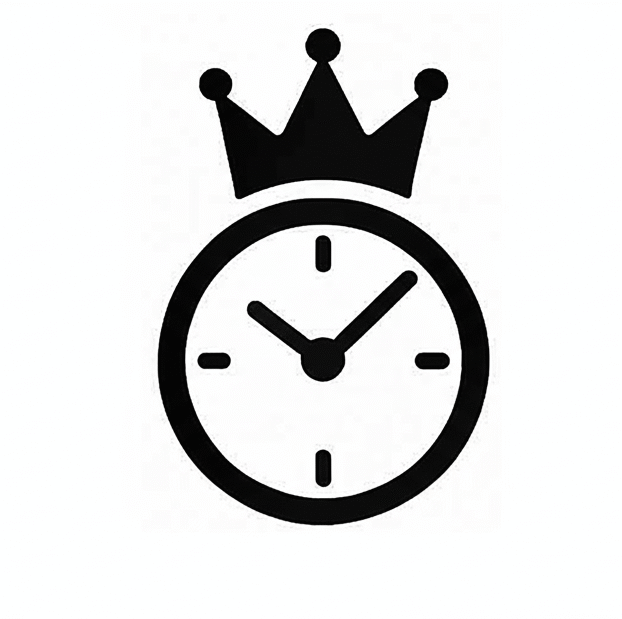Frugality vs. Deprivation: Spending Smart Without Feeling Poor
Imagine opening your bank app and feeling calm – not anxious. You know your money is working for you, your savings are growing, and yet you’re not living a joyless life of constant sacrifice. That’s the sweet spot between frugality and deprivation.
The line between the two can feel blurry. Many people associate frugality with being “cheap” or depriving themselves of joy. But that’s a misunderstanding. True frugality is about making intentional choices that align with your goals. Deprivation, on the other hand, strips away both joy and purpose.
I’ve lived this distinction myself. By practicing frugality, not deprivation, I was able to achieve financial independence in under 10 years.
Frugality vs. Deprivation: Spotting the Difference
- Frugality is spending with intention. It means choosing value and purpose over impulse and waste. For example, deciding to cook more at home or take public transport because you’d rather direct that money into investments that secure your future.
- Deprivation is cutting costs with no clear purpose, leaving you frustrated. It’s skipping every social gathering, refusing yourself basic comforts, or feeling guilty whenever you buy something – even if it genuinely improves your life.
Frugality empowers. Deprivation drains. One helps you build freedom, the other burns you out.
Why Frugality Wins and Deprivation Fails
When I began my financial independence journey, I realized I was simply trading time for money. Corporate job security felt fragile, and I didn’t want my family’s future hanging on someone else’s decisions. That’s when I committed to saving aggressively and investing in solid, dividend-paying businesses.
But here’s the key: I didn’t get here by cutting every single joy from my life. If I had tried to deprive myself completely, I would have burned out and probably quit halfway. What worked instead was channeling money away from things that didn’t matter to me and toward the life I wanted to build.
That’s the power of frugality. It’s not about saying “no” to everything. It’s about saying “yes” to what truly matters, and “not today” to what doesn’t.
How to Spend Smart Without Feeling Poor
Here are four practical ways to embrace frugality without slipping into deprivation:
1. Save and Strike When Opportunities Come
I don’t practice automated investing. Instead, I accumulate savings and dividends until I see an opportunity worth taking. This means I’m not forced to buy at any price, I wait for quality businesses to trade at attractive valuations before deploying capital.
This approach requires patience and discipline, but it also gives me flexibility and peace of mind. I’m never rushed, and I know my money is ready to work hard when the time is right.
2. Spend on What Matters Most
Being frugal doesn’t mean denying yourself quality or comfort. In fact, it often means the opposite: buying fewer things, but making them count. A sturdy appliance, a comfortable pair of shoes, or a memorable family trip may cost more upfront – but if they serve you well and bring lasting satisfaction, that’s money wisely spent.
Where deprivation tells you “don’t spend at all,” frugality says, “spend wisely, and spend where it matters.”
3. Cut Waste Without Cutting Joy
Think about the last purchase you regretted. Chances are, it was something bought on impulse – shiny, but ultimately empty. Those are the areas where cutting back makes you richer, not poorer.
For me, choosing public transport over owning a car in Singapore has been one of those conscious frugal decisions. Cars here are expensive, but the public system is excellent. Cutting that unnecessary expense doesn’t feel like deprivation – it feels like freedom.
4. Value Your Time as Much as Your Money
It’s easy to get caught up in chasing tiny savings – hunting discounts, driving across town for a small deal, or spending hours obsessing over every penny. But time is your most valuable resource.
Instead of chasing small wins, I focused on building skills and income streams that actually move the needle. That shift in mindset, from penny-pinching to value-creating, was crucial to achieving financial independence in under 10 years.
Frugality as a Path to Freedom
Here’s the real test: when you’re frugal, do you feel poor or do you feel powerful?
For me, frugality has always felt empowering. Every dollar I didn’t waste became a seed for the future. Every intentional choice brought me closer to freedom. Deprivation would have left me tired, resentful, and probably off track. But frugality gave me freedom – the freedom to keep working by choice, not necessity.
Closing Thoughts
Spending smart isn’t about living on the bare minimum. It’s about aligning your money with your values, cutting what doesn’t matter, and building a future you can be proud of.
Frugality is the tool. Deprivation is the trap. One enriches your life, the other empties it.
If you want to achieve financial independence, don’t ask yourself, “How much do I have to give up?” Ask instead, “How can I spend with intention so my money works harder for me?”
That’s how you build wealth without ever feeling poor.
Like what you see? Share it!
Discover more from BOSS OF MY TIME (BOMT)
Subscribe to get the latest posts sent to your email.
